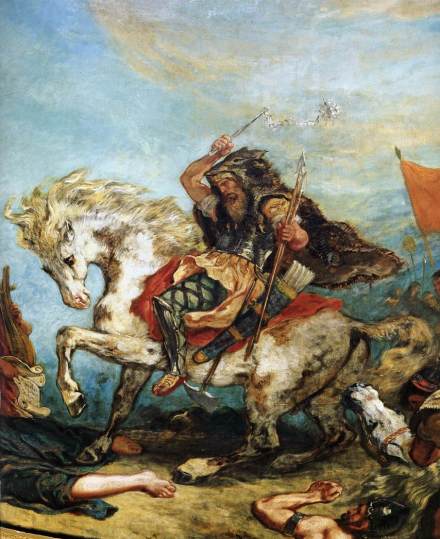- Democracy is a destructive political selection method that places the property and lives of the better part of the civilization at the disposal of the worst instincts of the majority.
- It’s for this reason that the Founding Fathers opposed Democracy as stridently as they did. It took more than 150 years for the American Republic to institute Universal Suffrage, and almost 200 years to go all the way into the pit.
- It’s not so much about the time you spend voting at the polls, but also the time that you spend informing yourself about different candidates for election.
- You could be spending this time & money on improving:
- Your life
- Your children’s lives
Its the time and energy that people spend on making these electoral decisions that fuels so much of the media.
What James Madison wrote in Federalist No. 10 is just as true today as it was when he wrote it:
From this view of the subject it may be concluded that a pure democracy, by which I mean a society consisting of a small number of citizens, who assembleand administer the government in person, can admit of no cure for the mischiefs of faction. A common passion or interest will, in almost every case, be felt by a majority of the whole; a communication and concert result from the form of government itself; and there is nothing to check the inducements to sacrifice the weaker party or an obnoxious individual. Hence it is that such democracies have ever been spectacles of turbulence and contention; have ever been found incompatible with personal security or the rights of property; and have in general been as short in their lives as they have been violent in their deaths. Theoretic politicians, who have patronized this species of government, have erroneously supposed that by reducing mankind to a perfect equality in their political rights, they would, at the same time, be perfectly equalized and assimilated in their possessions, their opinions, and their passions.
A republic, by which I mean a government in which the scheme of representation takes place, opens a different prospect, and promises the cure for which we are seeking. Let us examine the points in which it varies from pure democracy, and we shall comprehend both the nature of the cure and the efficacy which it must derive from the Union.
The two great points of difference between a democracy and a republic are: first, the delegation of the government, in the latter, to a small number of citizens elected by the rest; secondly, the greater number of citizens, and greater sphere of country, over which the latter may be extended.
Was James too wordy for you?
Maybe so. That’d be one of the good reasons why universal suffrage is a bad idea.
Returning politics to the hands of the capable and removing it from the hands of the incompetent is a good long-term goal. Preventing as much of the inevitable destruction and civil war that tends to be comorbid with outbreaks of democracy is a high-minded goal, and one worth striving for. Madison won the debate in the short term, but Democracy won in the long run.
More reasons you shouldn’t vote:
- Not voting and arguing against voting is less about the direct impact on the election, and more about depleting the legitimacy of the democratic process.
- Depleting the legitimacy of the democratic process is less about persuading commoners against it (who will lose political power, but gain in other areas), but about converting the leaders who can be converted, and demoralizing or otherwise neutralizing those that can’t be.
- Voting feeds the business model of electioneering. Not voting puts electioneers out of work.
- An increasingly anti-democratic public mindset is one that is more expensive to persuade to remain democratic or to return to belief in democracy.
- While voting in slightly less destructive representatives might have a minor (and questionable at that) impact on policy, any short term gains will be overwhelmed by long term destruction.
Go to work or stay at home, but don’t vote.
Become more engaged in civil society instead. Voting has no chance of resolving the difficult collective problems facing Americans and people in similar political situations. The only vote that you might want to consider is one to secede from the union. Anything else is a major drain on your attention and time.
[NOTE: Thanks to reader Thorgeir Lawspeaker for correcting the embarrassing mis-attribution of Federalist No. 10.]





